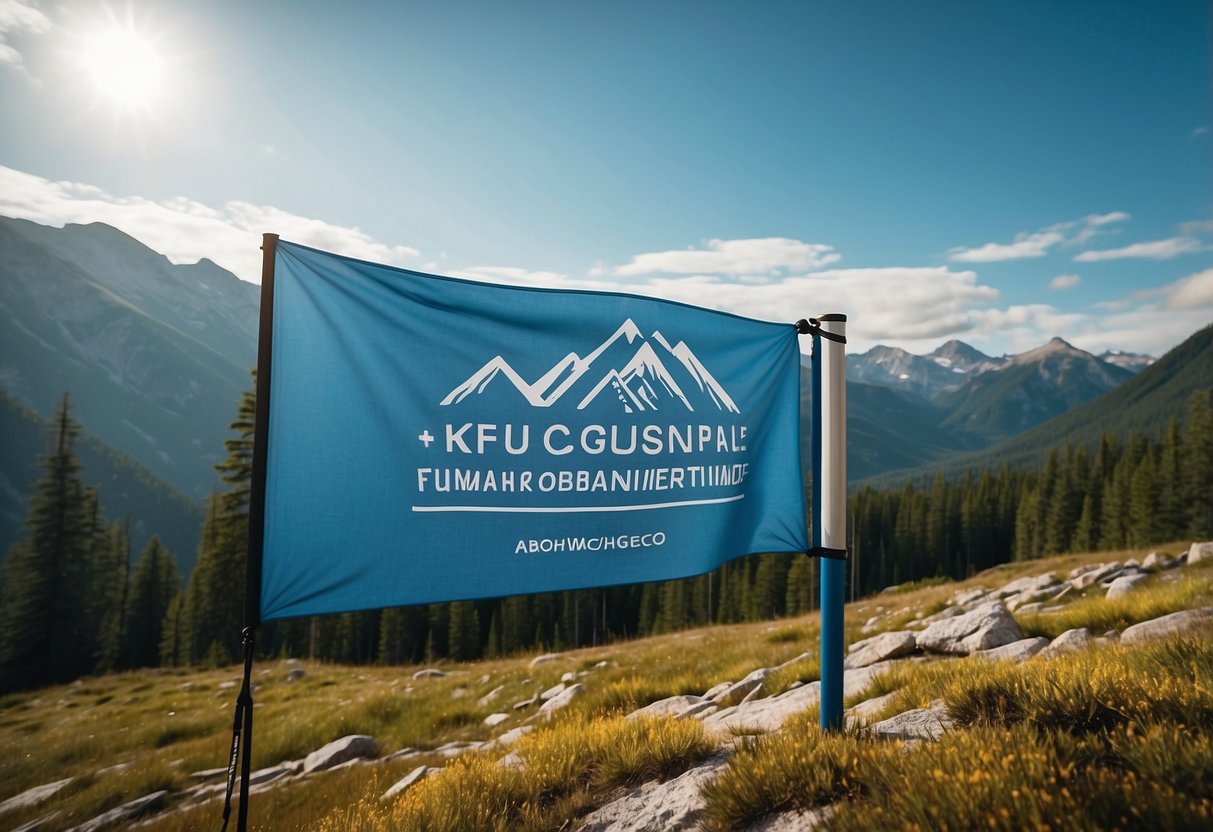
Finding the right activewear can be a challenge, especially when looking for options that align with both style and sustainability. Whether you’re hitting the gym, going for a run, or doing yoga at home, it’s crucial to choose brands that are committed to eco-friendly practices. This article highlights the top 10 sustainable activewear brands, making it easier for you to make an informed and environmentally conscious choice.
Sustainability in fashion isn’t just a trend; it’s becoming a necessity. More brands are recognizing the importance of reducing their carbon footprint and using recycled or organic materials. By supporting these companies, consumers can not only enjoy high-quality activewear but also contribute to a healthier planet.
The featured brands in this article prioritize ethical production processes, transparency, and innovative materials. From recycled polyester to organic cotton, these companies are setting new standards in the industry. Explore these sustainable activewear brands to find stylish, functional, and eco-friendly options that meet your needs.
The Rise of Eco-Friendly Activewear

The activewear industry has seen dramatic changes in recent years, with an increasing shift towards eco-friendly options. This evolution is driven by factors such as the desire for sustainable fashion and the need to reduce the environmental impact of textile production.
Understanding Sustainable Fashion
Sustainable fashion focuses on reducing the environmental and social impacts associated with clothing production. This includes using materials that are resource-efficient and biodegradable, and promoting fair labor practices. Brands are investing in organic cotton, recycled polyester, and bamboo, which require fewer chemicals and water compared to conventional fabrics.
Consumers are becoming more aware of the origin of their activewear. They are looking for products that align with their values, including reducing waste and pollution. Transparency in the supply chain has become crucial, with brands providing information on the lifecycle of their products and their overall environmental footprint.
The Environmental Impact of Textiles
Textile production has significant environmental implications, from water consumption to pollution. Traditional textile manufacturing processes often involve heavy use of water and chemicals, leading to water scarcity and contamination. Dyeing and finishing processes release toxic substances into water bodies, affecting aquatic life and human health.
Eco-friendly activewear aims to mitigate these impacts by adopting cleaner production techniques. Innovations include waterless dyeing, the use of natural dyes, and recycling processes. Additionally, brands are exploring biodegradable fabrics to reduce landfill waste. By prioritizing sustainable materials and production methods, the industry contributes to both environmental preservation and the well-being of communities.
Criteria for Sustainability in Activewear
Sustainable activewear is defined by several critical factors, including material innovation, ethical manufacturing processes, and compliance with certifications and standards.
Material Innovation
Innovative materials in sustainable activewear include recycled plastics, organic cotton, and bamboo. These materials reduce environmental impact by minimizing waste and conserving resources. Organic cotton avoids harmful pesticides, and recycling plastics helps limit ocean pollution. The focus is on durability and environmental footprint, ensuring the products are both long-lasting and sustainable. Brands are increasingly investing in new technologies to produce fabrics that are both eco-friendly and perform well in athletic activities.
Ethical Manufacturing Processes
Ethical manufacturing involves fair labor practices, safe working conditions, and minimal environmental impact. Factories prioritize worker welfare by paying fair wages and ensuring safe working environments. Energy consumption is monitored to reduce carbon emissions, and waste management systems are in place. Transparency in the supply chain is crucial, enabling consumers to trace the production of their garments. These processes reflect a commitment to social responsibility and environmental stewardship.
Certifications and Standards
Certifications such as GOTS, Fair Trade, and OEKO-TEX provide assurance of sustainable practices. GOTS certifies organic textiles, ensuring they meet strict environmental and social criteria. Fair Trade certification guarantees that products are made with fair labor practices. OEKO-TEX ensures that textiles are free from harmful chemicals. These standards offer credibility and trust, helping consumers make informed decisions about the products they purchase. Maintaining these certifications also ensures ongoing compliance with high ethical and environmental standards.



